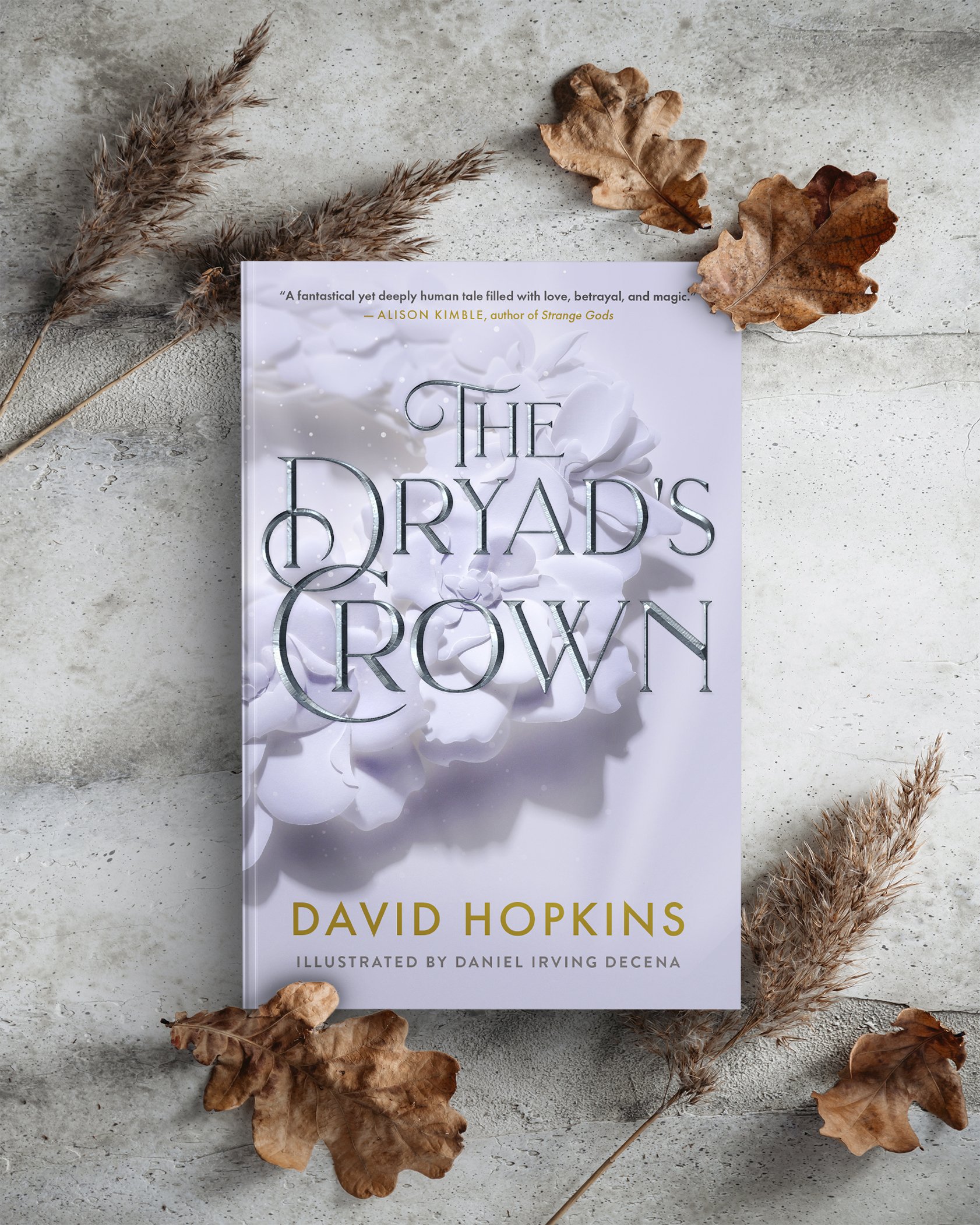What can chess teach us? As a public school teacher, when a student raises his or her hand, asking "When will we ever use this in real life?" -- this is no small question. The short answer is: "It will be on the test and you need to know this to pass my class." And then, I can continue with my lesson. However, the true answer is a little more complex and much more vital. We'll get to that in a second.
Fact is chess in itself isn't that useful in real life. I know. Shocking. Hear me out. If we are so delusional to think that Chess Club of Arlington's objective should be to mass produce GMs like the Russian Chess School, our success rate will be very small. There are only about 1,300 GMs worldwide. (For comparison, Chess.com has about 3.9 million members registered.) Few of them are able to make a career from it. I would like to believe that my knowledge of the Colle-Zukertort System will have real world applications, but its value is limited to the game itself. Keep in mind, a lot of what we learn in school will not be used in real life. My knowledge of geology, algebra, and adverbal phrases doesn't come into daily use like my teachers warned me it would. So, what's the value in learning anything?
Here's the true answer: Learning something difficult, something challenging, helps develop cognitive skills. We improve our comprehension strategies, and we grow as thinkers. In other words, we learn how to learn. Learning anything is beneficial, and not merely for the content itself. Chess is ideal for this purpose, because (1) chess can be taught to a five-year-old and he or she could spend a lifetime mastering the game (2) chess is intricate, deep, and challenging (3) chess allows for individual self-guided learning (4) chess offers tangible ways to measure improvement and learning (5) chess is fun.
If Chess Club of Arlington had unlimited resources at its disposal, I probably wouldn't turn it into a GM-factory. (Arlington already has one on Hwy 360. Pun!) Instead, I would focus on these 16 strategies, which are commonly cited for reading comprehension. I discovered them through my ELLevate training. I believe the skills transfer.
1. Using prior knowledge and experiences 2. Making connections 3. Making predictions 4. Using visual and context support 5. Monitoring and clarifying comprehension 6. Sequencing information 7. Distinguishing main ideas from details 8. Comparing and contrasting 9. Finding supporting evidence 10. Generating questions 11. Retelling and summarizing 12. Differentiating fact from opinion 13. Drawing inferences 14. Using inductive reasoning 15. Using deductive reasoning 16. Analyzing and evaluation
While learning chess, you're learning how to think critically and creating a framework for further education. With these 16 strategies, you could continue from here and learn anything you want -- anything the real world offers. That's an invaluable education, without leaving anyone behind.
